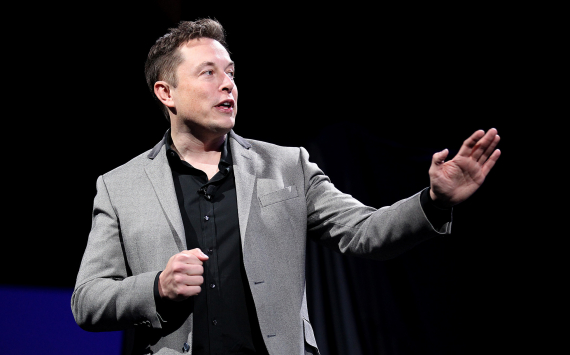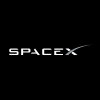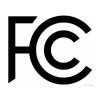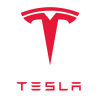
Satellite internet service
Elon Musk's private company SpaceX has moved from beta testing its Starlink satellite internet service to a wider launch. Residents in the US, Canada and the UK can now pre-order the satellite internet service from the Starlink website. Musk plans to make SpaceX's subsidiary Starlink public.
SpaceX subsidiary Starlink began accepting pre-orders for satellite broadband Internet access services on Tuesday. Users in the US, Canada and the UK are eligible to pre-register. The service costs $99 a month and users also need to buy a Starlink kit (Wi-Fi router and satellite dish) for $499 plus shipping and tax.
The Starlink service began beta testing last October and, according to the company, it has more than 10,000 users.
To date, just over 1,000 Starlink satellites have been put into orbit out of a planned 11,943, which have been approved for launch by the US Federal Communications Commission. SpaceX's ultimate goal is to launch 4,425 satellites into orbit by 2024.
As a result, the company wants to achieve the provision of high-speed internet in places "where internet connectivity is usually a problem. Starlink's satellites are more than 60 times closer to Earth than traditional satellites, providing a more reliable and faster connection than traditional satellite internet offerings. According to Starlink's statement, the company eventually intends to provide data speeds of 50 megabits per second to 150 mbps, with latency (the time it takes to send data from one point to another) of 20 to 40 milliseconds in most regions.
Starlink IPO
Unlike Tesla (TSLA), which went public in 2010, Starlink as part of SpaceX is a private company. Before going public, the company needs to overcome many technological challenges and at least get closer to profitability and stable cash flow.
Elon Musk said: "As soon as we can forecast cash flow reasonably well, Starlink will IPO".
SpaceX was also reportedly considering additional financing in December, which would have brought the company's valuation to $92bn. In August, the company raised $1.9bn at a valuation of $46bn, the largest round of financing for the company to date.








